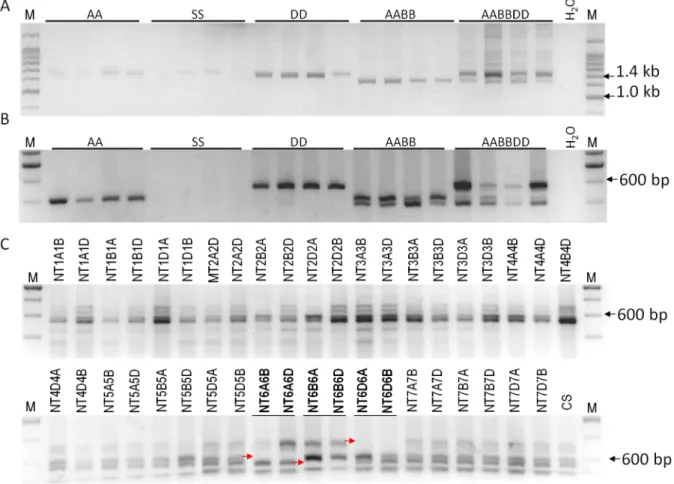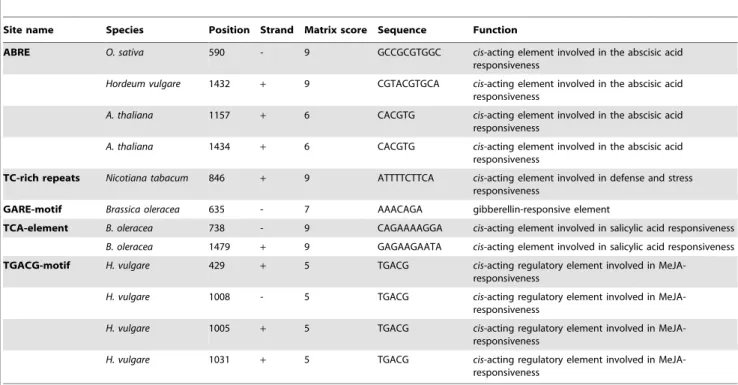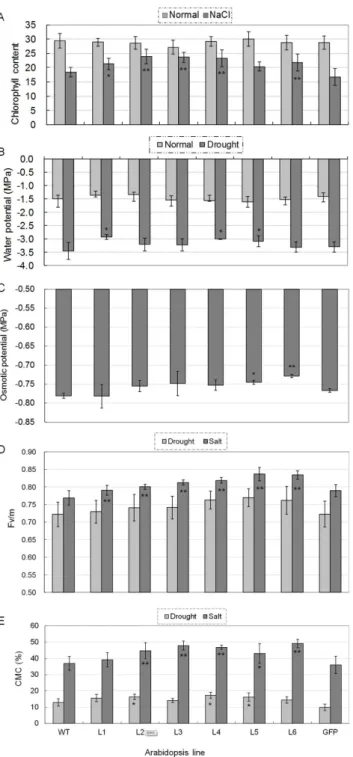Novel NAC transcription factor TaNAC67 confers enhanced multi-abiotic stress tolerances in Arabidopsis.
Texto
Imagem




Documentos relacionados
Analysis of transgenic tobacco plants over-expressing JcR1MYB1 indicates an inportant function for this gene in salt stress.. Keywords : abiotic stress,gene expression, Jatropha
Therefore, this study investigated the effects of H 2 O 2 leaf spraying in maize plants under salt stress on the non-enzymatic defense system (ascorbate and glutathione) and
monogyna (hawthorn) were subjected to drought and cold stress treatments, and such treatments caused enhanced the antioxidant capacity of the extracts (Kirakosyan
Seven AP2/ERF transcription factors were selected in this study to analyze the expression profiles of parsley under different abiotic stresses.. Our data provide a potentially
In order to shape a better business program, we analyze through the external and internal environment with a lot of Chinese behaviour and customer behaviour literature support, to
PP2C was also upregulated in EcbHLH57 transgenic plants. In response to stress, under high ABA levels, PP2C interacts with ABA receptor to activate SRK2D/E/I which upregulates sev-
Given the importance of this transcription factor fam- ily and its relation to biotic and abiotic stresses, the objec- tive of this review was to survey the current knowledge on
Many transcription factors (TFs) have been charac- terized that play important roles in plant responses to abiotic stresses such as cold, freezing, osmotic stress, and salt.. In